Counseling Services
School Counseling Program
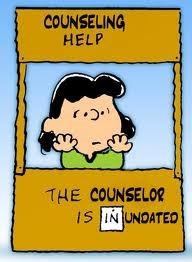
Kristie Deyoe, M.A.
School Counselor
kdeyoe@auburn.k12.ma.us
Counseling Services
Classroom Guidance Lessons
- 30 minutes once per week for all students
- Students learn about monthly character traits & the Second Step curriculum
Small Group Counseling
- Time-limited, grade-level intervention groups
- Topics include: social skills, managing anxiety, self-esteem, self-control, family changes, and grief
- Children may be referred by teachers or parents
- Parental consent required
- Lunch bunch – informal grade-level groups meet during lunch
- Opportunity for all children to participate as desired
- No parental consent required
Individual Counseling
- On an as-needed basis to help aid with school transitions, family changes, or other challenges affecting the child’s academic and/or social growth
- Parent consent required for regularly scheduled individual counseling
Parent & teacher consultation
- School Counselor available for consultation regarding social, emotional, or academic concerns
Program Overview
Mission Statement
The Pakachoag School Counseling Program’s mission is to provide a comprehensive counseling program that educates and prepares students for the challenges and opportunities of a changing world.
Belief Statement
I believe
- All children should be encouraged to reach their full potential.
- All student successes should be celebrated allowing them to develop a positive self-concept.
- All students will have access to the school counseling program via a comprehensive guidance curriculum that will support and enhance students’ academic, social, and career-awareness and development.
Philosophy
When fully implemented, the Pakachoag School Counseling program will:
- Provide a comprehensive counseling program aimed to teach and support the academic, social, and personal growth of every student
- Provide each student with an understanding of how he/she is an integral part of our school community as well as a greater community at large thus laying the foundation for future career exploration
Positive Behavioral Interventions & Supports (PBIS)
PBIS is a school-wide approach to behavior management that has a common vision and uses common language. Students are explicitly taught the behavioral expectations for all school areas. Families are informed and engaged. Our goal is to create a supportive learning environment that is predictable, consistent, positive and safe for all.
At the tier 1 level, staff members positively reinforce expected behaviors through verbal praise and a token economy. Students can earn “paws” for engaging in expected behaviors. After earning ten paws, they may trade in for a reward. Rewards are revised throughout the school year.
Check-in/Check-out (CHICO) is a tier 2 PBIS intervention available to those students who may require further positive reinforcement to follow the three school-wide behavioral expectations.
Pakachoag Pride has three school-wide behavioral expectations:
1. I am safe.
2. I am respectful.
3. I am responsible.
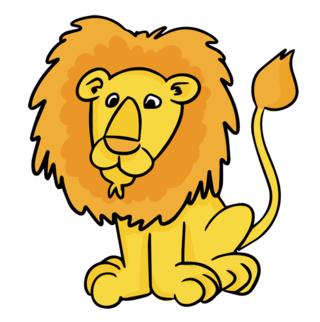
Second Step: A Violence Prevention Program
Kindergarten
“Kindergartners will gain Skills for Learning, which pave a smooth pathway to new social-emotional skills—all with the help of the beloved Puppy, Snail, and Bunny. Songs and colorful posters keep children engaged in lessons on such topics as handling being knocked down and staying on task.”
Grade 1
“Videos, colorful pictures, and fun lessons help first-graders learn self-talk for calming down, how to invite others to join in, and other skills for learning and getting along in school. “
Grade 2
“Second-graders will practice using their problem-solving steps through the use of colorful photo-lesson cards, videos, and activities. The lessons will also walk kids through such skills as being respectful and responding to playground exclusion. “
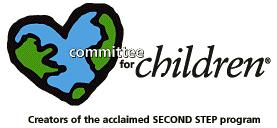
http://www.cfchildren.org/second-step/kindergarten-grade-5.aspx
American School Counselor’s Association (ASCA) National Standards
Academic Development
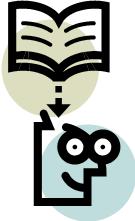
Students will acquire the attitudes, knowledge and skills contributing to effective learning in school.
Career Development
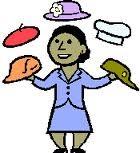
Students will acquire the skills to investigate the world of work in relation to knowledge of self, and make informed career decisions.
Personal/Social Development
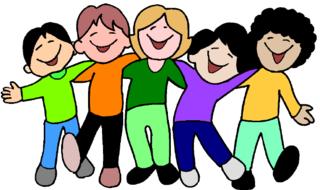
Students will acquire the attitudes, knowledge and interpersonal skills to help them understand and respect self and others.
